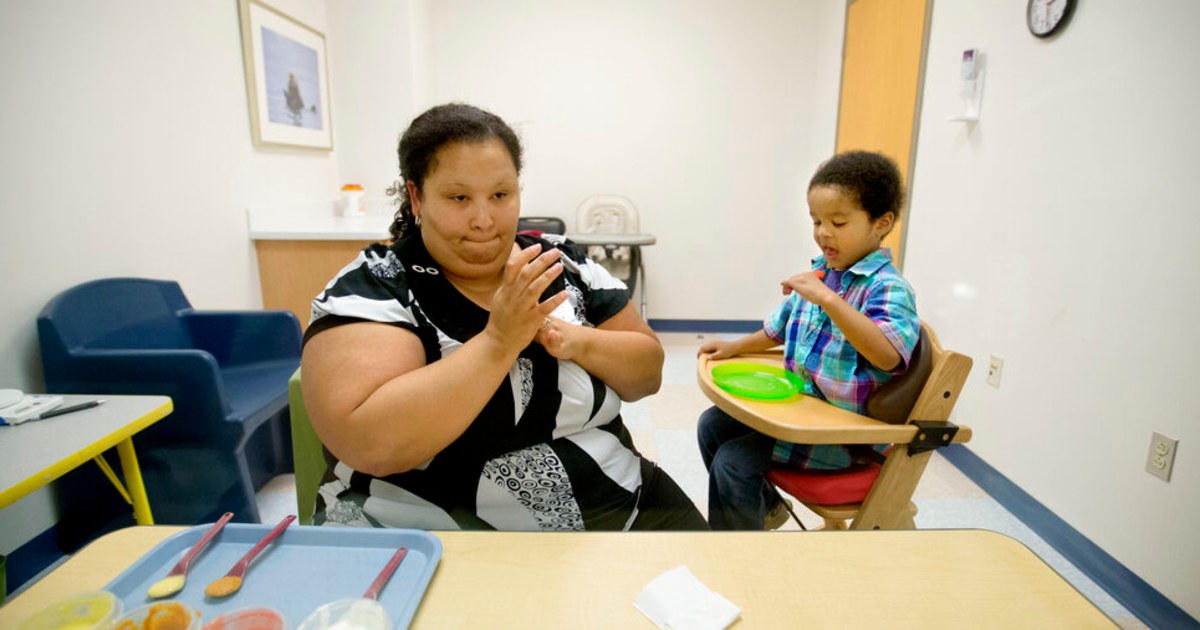By
The Associated Press
For the first time, autism is being diagnosed more often among Hispanic and black children than among white children in the United States, the Centers for Disease Control and Prevention (CDC) reported Thursday.
Among all 8-year-olds, one in 36 had autism in 2020, the CDC calculated, compared with one in 44 two years earlier.
But the rate rose faster in children of color than in whites.
The new estimates estimate that 3% of black, Hispanic, Asian or Pacific Islander children have autism, compared to about 2% of white children.
A boy with autism receives therapy at the Marcus Autism Center in Atlanta, Georgia.AP
In the past, autism diagnoses were more common in white boys
, generally in middle- or high-income families, with the means to see specialists.
In 2010, it was estimated that white children were 30% more likely to be diagnosed with autism than black children and 50% more likely than Hispanic children.
Experts attribute the change to improved diagnostic methods and services for all children, as well as increased awareness of the problem in black and Hispanic families.
New York police search for attackers of 15-year-old black boy with autism
March 15, 202300:27
It is not clear if black and Hispanic autistic children receive the same help as white children.
A study published in January found that black and Hispanic children had less access to autism services than white children during the 2017-18 school year.
[Who can benefit from for skin cancer patients]
Autism is a developmental disability caused by differences in the brain.
There are many possible symptoms, and many overlap with other diagnoses.
They may include language and learning delays, social and affective withdrawal, and an unusual need for routine.
Scientists believe that genetics may be a factor, but there are no known biological reasons why one race or ethnicity would be more prone than another.

